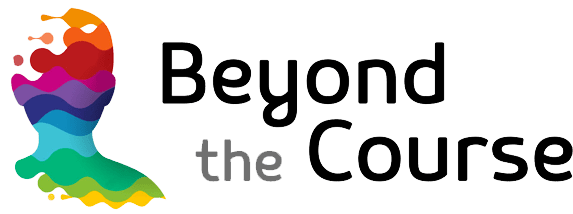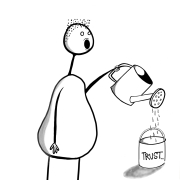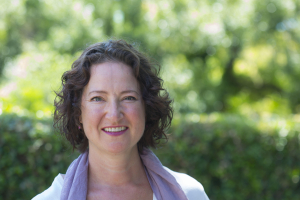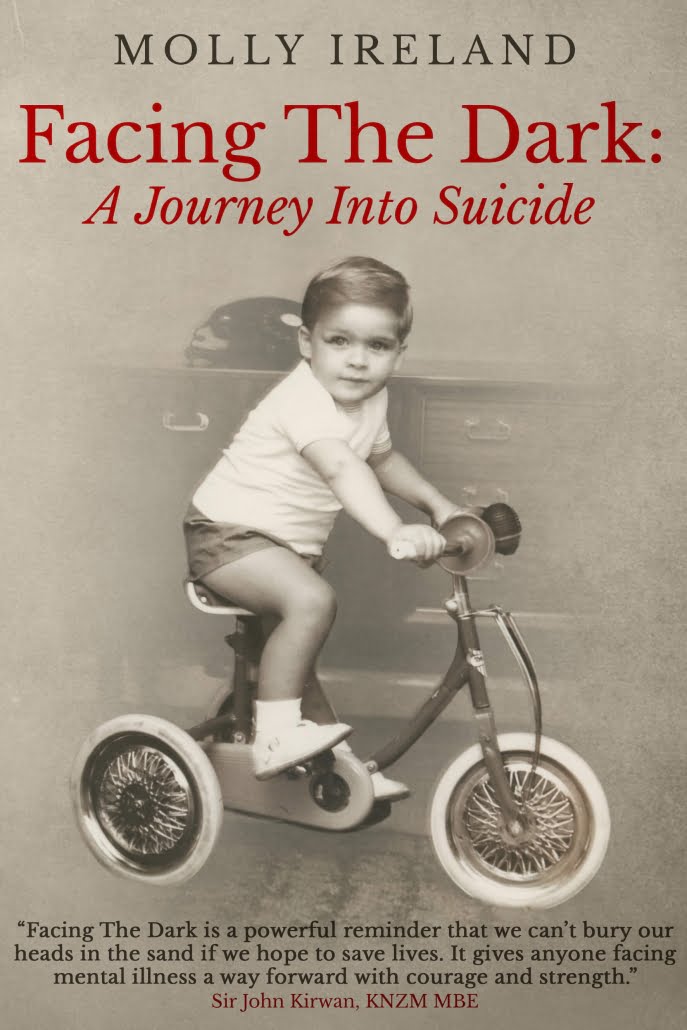Trusting Life
When I trust as a way of being in the world, it doesn’t mean I’m always happy or happy with what happens to me. It means I refuse to allow my personal fears, or any collective ones I’ve picked up along the way, to taint how I see the world.
Trusting as a way of life is to trust myself.
It means I trust in my inherent goodness, my flexibility, and my ability to repair. It’s about being responsible — or having the “ability to respond” — to what happens rather than being taken down by it.
Strong Relationships Require Strong Trust.
The fundamental bedrock for creating loving and fulfilling relationships is an individual who can live in trust and hold it consistently for others. Not perfectly, but often enough to be relied upon. Individuals who embody and operate from high levels of trust rather than fear build fulfilling connections.
Most people wait until someone proves themselves trustworthy before extending trust;
This is natural and many times a good idea, particularly when we don’t know the person. But thinking about trust in this way is not trusting. It’s more about caution and trying to avoid getting hurt instead.
After decades of research, Professor Paul Zak, Claremont University, found that if we generously and consistently give trust to people first, we make it more likely they will act in trustworthy ways. This is because when we trust, we activate their production of the love hormone, or oxytocin.
For the relationships we’d like to hold onto, withholding trust doesn’t work because it is too transactional or conditional. If you only trust a person when they act trustworthy, this is basically communicating that your love for them hinges on something as fleeting as their behaviours or moods. This produces anxiety and unease in people, often in subtle ways, which can be measured by the level of stress hormone, cortisol, in the bloodstream.
But, when our bodies produce oxytocin, Zak found, we are more able to behave in critical trusting ways. We feel safe to be trustworthy.
Close relationships deepen and last when we offer something unconditionally loving. So be more generous with your trust and give it back every time you need to.
If you’d like support trusting yourself more so you can do this, get in touch.






